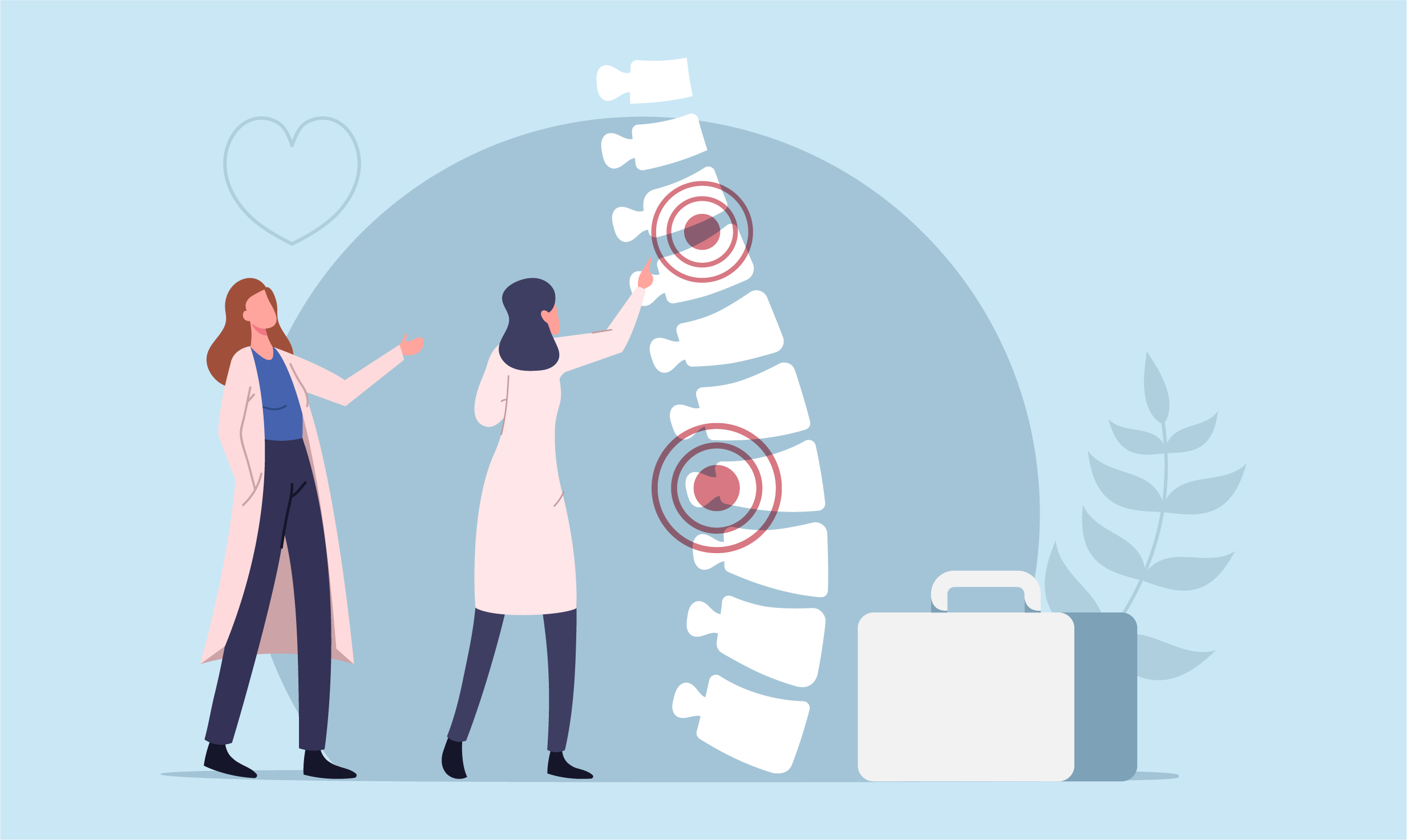Hernia
Home > GENERAL SURGERY

What is a Hernia?
Hernias are most commonly seen in the abdomen, and when the hernia is mentioned, abdominal hernias are usually meant. It is the protrusion of organs and tissues in the abdominal cavity through a weak point in the abdominal wall. Examples of these are inguinal, umbilical and incisional hernias.
Why Does Hernia Occur?
Umbilical Hernia
In the mother's womb, the vessels feeding the baby pass through the umbilical cord. After birth, the umbilical cord is tied, and after a while, the cord falls off and this place is closed. This point is a weak point and if it is not closed completely, an umbilical hernia may occur in childhood, or adulthood if there is a difficulty. This hernia contains intestines and omentum.
Inguinal Hernia
In the biological period, the testicles pass through the inguinal canal and move towards the scrotum. The region where it enters the inguinal canal through the abdomen is called the inner ring. Although this area is completely closed, this area is a weaker spot compared to other abdominal walls. Events that increase intra-abdominal pressure cause this point to reopen and the intestines to come out from there. The main reasons that increase intra-abdominal pressure are heavy lifting, straining, prostate enlargement, and chronic cough. This described hernia type is called an indirect inguinal hernia. The word indirect means that the hernia comes out through the inguinal canal (the canal through which the testis passes).
Direct inguinal hernia originates from the inner part of the area where the indirect inguinal hernia originates, this area is also weak. Again, this is related to the increase in intra-abdominal pressure in hernias. It is more common in the elderly. It is more common in men than women.
Femoral hernia; They are hernias originating from the weak area in the canal (Canalis femoralis) where the main artery and vein pass through to the leg.
Incisional Hernia
As the name suggests, they are hernias that develop at the incision site after abdominal surgeries. While standing, coughing or straining, swelling and pain occur in the scar.
General Diagnosis: Usually, the doctor's examination is sufficient to make the diagnosis. If there is no obvious finding in the examination and the suspicion of hernia continues, an ultrasound may also be requested.